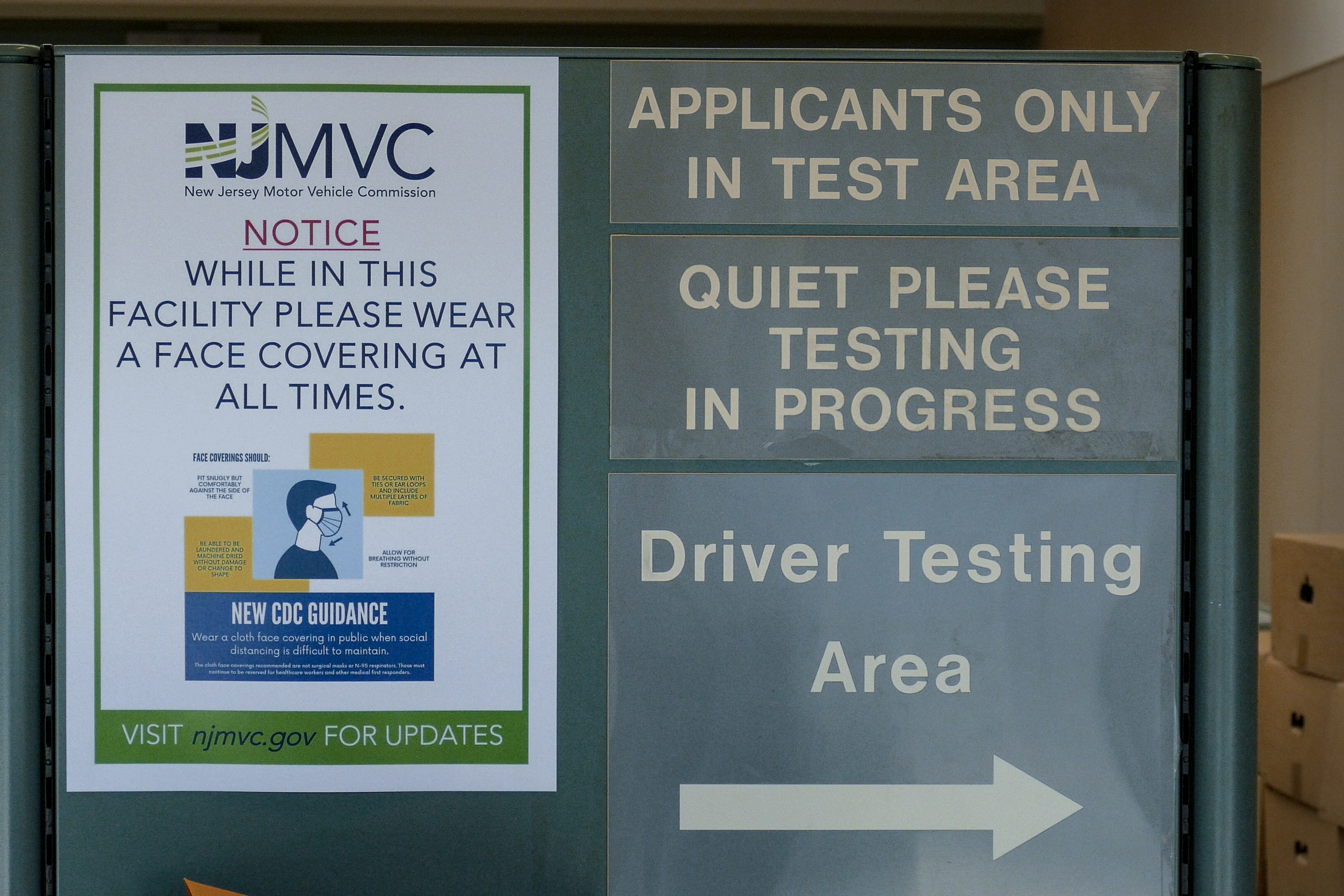

car.Ģ) Use the door on the pavement side to get out. You can/can’t cross the street.Ĥ) You can/can’t drive at 70 mph in a town.ġ) Always wear your seat belt when you travel. She can/can't play the guitar very well, but she can/can’t play the piano.Ģ) Can you speak Spanish? No, I can/can’t.ģ) Look at the green light. _Ĥ) Mark watches the mechanics fix the garage. _ģ) He reads books and learns how to build a car. It’s next to the supermarket.ġ) Mark’s parents don’t want to buy him a car. Match the questions with the correct answers.ġ) Excuse me, how can 1 get to the post office?Ĭ) Yes, keep going. Put the words in the correct order to form full sentences.ģ) stop/traffic lights/is/at/the/light/the/because/redĤ) crossing/look/the/ways/street/both/beforeĥ) with/your/the flow/ride/traffic/bike/ofĥ. your bike.Ĥ) Some people are afraid of travelling.

You can/can’t leave your car there.ġ) Never carry a second person. You can/can’t go here.Ĥ) There’s a car parking next to my house. He can/can’t ride a bike, but he can/can’t drive a car.Ģ) Can you sail a boat? Yes, I can/can’t.ģ) Look at the No Entry sign. Mark’s dad says, “I was sure you can do it!”Ģ) His parents think that driving a car is interesting. His parents are surprised! It is beautiful! It is red! It is a big toy sports car! Mark can sit inside it and drive! Mark’s parents are very happy and proud. Finally, he starts building his own car!Īfter two months, Mark invites his parents to see his car. It is very interesting for him and he has a lot of fun. He hangs around at the garage and watches the mechanics fix the cars. He buys books and reads about the subject. He wants a fast red sports car! He thinks, “Well, I can make one!” He asks his parents, “Can you buy me a car?” He reads about cars in magazines and he watches shows about cars on TV. Read the story and mark the sentences T (true) or F (false). Good afternoon, boys and girls! (Good afternoon, teacher!)


 0 kommentar(er)
0 kommentar(er)
